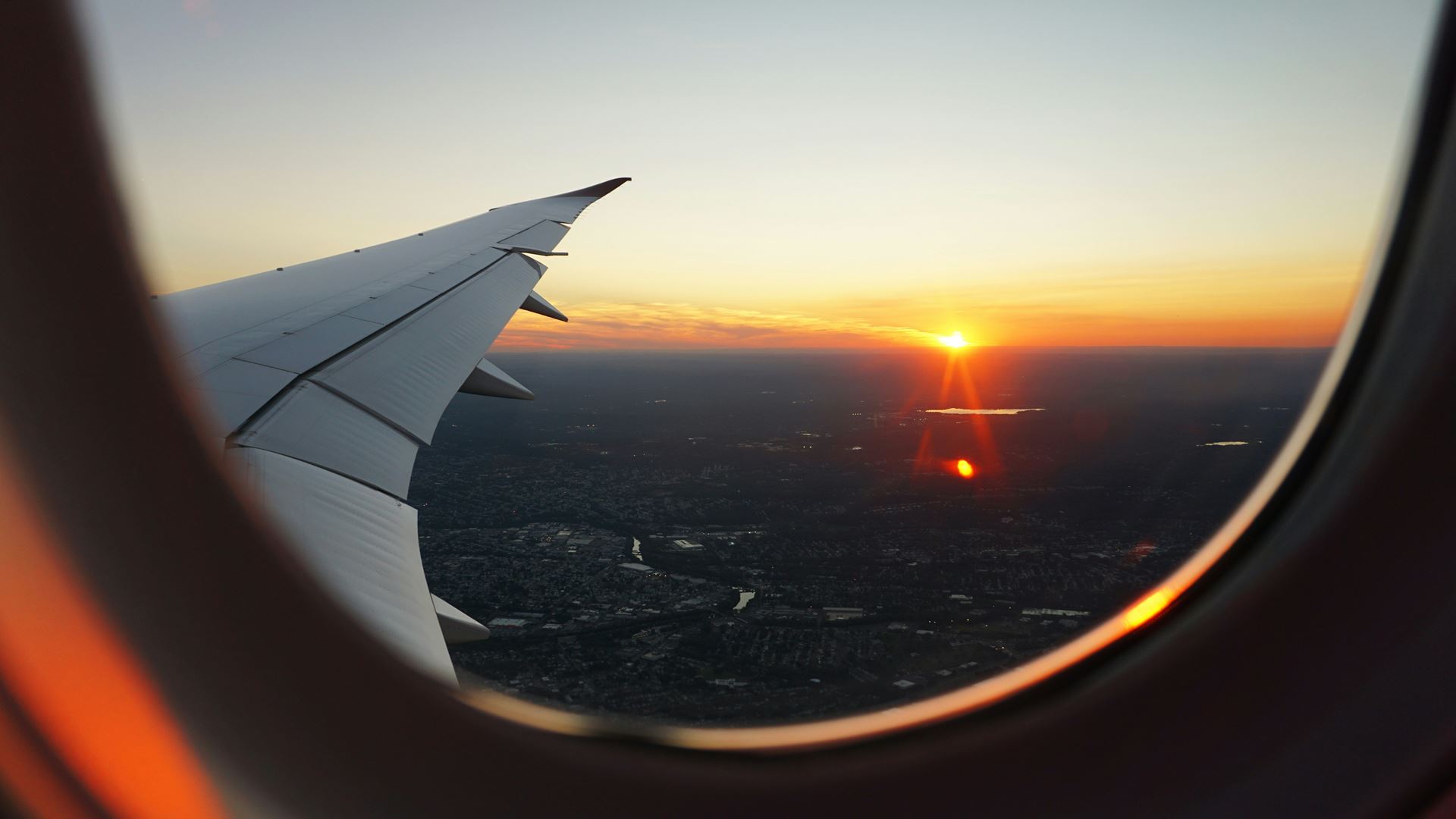Travel Health

Travel Immunisations
We are able to provide the following travel vaccinations (free of charge on the NHS):
- Hepatitis A (infectious Hepatitis) - first and second/ booster doses
- Combined Hepatitis A & B - two doses with a third for over 16s
- Typhoid - first and second/ booster doses
- Combined Hepatitis A and Typhoid - first and second/ booster doses
- Tetanus, Diptheria & Polio - given in the combined Td/PV vaccine
- Cholera
We advise our patients looking to travel, to make enquiries through a private provider, or their travel company at least 3- 6 months before departure.
Vaccines need time to take effect and some may require a course over several weeks.
These websites can be helpful for the very latest travel information:
https://www.gov.uk/foreign-travel-advice
https://travelhealthpro.org.uk/countries
https://www.fitfortravel.nhs.uk/destinations
https://www.nhs.uk/conditions/travel-vaccinations/
Urgent advice: Medications for Travelling
Taking your prescription on your flight
Please follow the below steps if you are on regular medication and plan to go abroad:
Two months before your flight, please contact Grange Road Surgery and let them know how long you are going away for. You can find a list of your regular medication on the NHS app. If you need a signed GP letter stating what medication you are on, please let reception know - this may come with a charge.
Whilst travelling, carry your medication in their original labelled boxes. The advice is to carry these in your hand luggage, as well as spares in your hold luggage in case of loss/damages.
Liquid medications - if you are on medication in a bottle that exceeds 100mls, some airports may require a specific document to prove the liquid form of the medication is necessary.
If you need to travel with needles or syringes for your medication, you will need to carry the relevant medication alongside the equipment. You will not be able to travel with needles and syringes only.
If you are travelling to a warm country, get advice from the pharmacy on how to store your medication or see website for more information.
The country you are travelling to may have restrictions on the medications that they allow into the country. You will want to contact the embassy of the country you are travelling to in order to confirm the regulations. If any medications you are taking are controlled drugs then you will need to contact the relevant embassy before you travel.
Use of Benzodiazepines (and related medications) for flying
Grange Road Surgery policy states that the surgery will no longer be prescribing Diazepam or related medications for flying.
In the UK, Diazepam is a Class C/Schedule IV controlled drug. People often request the doctor or nurse to prescribe diazepam for fear of flying or to assist with sleep during flights. Diazepam is a sedative, making you sleepy and more relaxed. Your doctor follows the National prescribing guidelines (British National Formulary) which states that “the use of benzodiazepines to treat short-term ‘mild’ anxiety is inappropriate” and that diazepam is contraindicated (not allowed) for treating phobias (fears).
Your doctor would be taking a significant legal risk by prescribing against these guidelines. They are only licensed short term for a crisis in generalised anxiety. If this is the case, you should be getting proper care and support for your mental health and not going on a flight.
Fear of flying in isolation is not a generalised anxiety disorder.
In the rare occurrence that there is an emergency on the plane, the concern is that Diazepam can reduce your awareness and reaction time, which poses a significant risk to yourselves and others.
Diazepam and other sedative drugs can make you fall asleep, but this is an unnatural non-REM sleep, and therefore you will not move around as much as normal. This can increase your risk of developing a blood clot (Deep Vain Thrombosis - DVT) in the leg or the lung, which can be dangerous or fatal.
In some countries, Diazepam and similar controlled drugs are illegal and they may be confiscated or you may find yourself in trouble with the police.
With regards to travel insurance, it is important to declare all medical conditions and medications you take to your travel insurer. If not, there is a risk of nullifying any insurance policy you may have.
Given all of the above we will no longer be providing Diazepam or similar drugs for flight anxiety and instead suggest the below aviation industry recommended flight anxiety courses.
Flight anxiety does not come under the remit of General Medical Services as defined in the GP contract and so we are not obliged to prescribe for this. Patients who still wish to take benzodiazepines for flight anxiety are advised to consult with a private GP.
For further information:
https://thefearofflying.com/programs/fly-and-be-calm/
https://www.fearlessflyer.easyjet.com/
https://www.britishairways.com/en-gb/information/travel-assistance/flying-with-confidence
https://www.flyingwithoutfear.com/
Page created: 25 May 2021